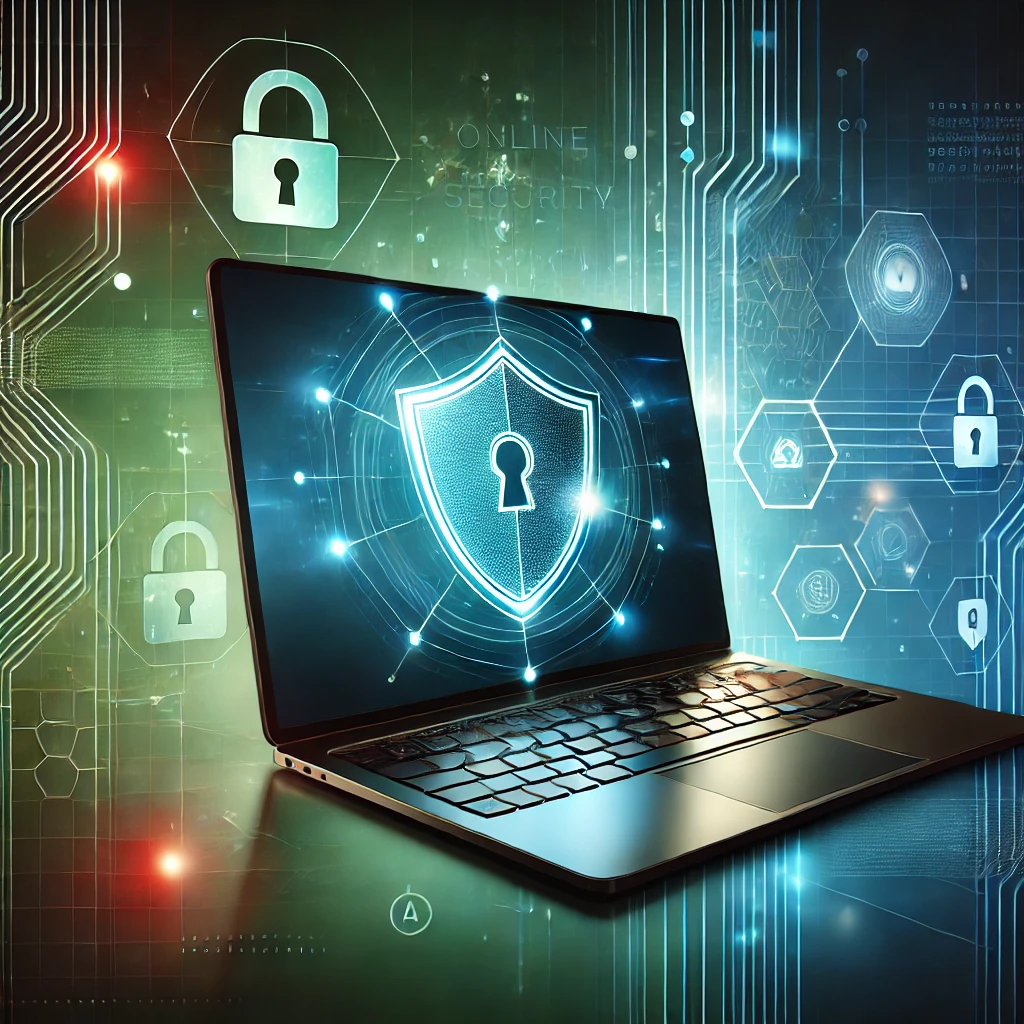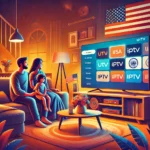
In today’s digital world, privacy and security are growing concerns. Whether you’re streaming content, shopping online, or simply browsing, your activities may not be as private as you think. That’s where a Virtual Private Network (VPN) comes in. But is it really necessary? Let’s dive into the benefits and risks of using a VPN to help you decide.
What is a VPN?
A VPN (Virtual Private Network) is a service that encrypts your internet connection, making your online activities private and secure. It routes your internet traffic through a secure server, masking your IP address and location. Essentially, it creates a private tunnel for your data, protecting it from prying eyes.
Benefits of Using a VPN
- Enhanced Privacy
A VPN hides your real IP address and encrypts your online activities. This makes it difficult for ISPs, advertisers, or hackers to track what you do online. - Increased Security
Public Wi-Fi networks are breeding grounds for cyber threats. A VPN ensures your data, such as passwords and financial details, remains safe from hackers. - Access to Geo-Restricted Content
Want to watch shows or movies unavailable in your region? VPNs let you bypass these restrictions by virtually changing your location. - Avoid Censorship
In countries with strict internet regulations, a VPN can help you access blocked websites and services. - Anonymous Browsing
With a VPN, you can surf the web anonymously, minimizing your digital footprint.
Risks of Using a VPN
- Data Logging by VPN Providers
Not all VPNs are trustworthy. Some providers, especially free ones, may log and sell your data to third parties. - Slower Internet Speeds
Encrypting and rerouting your data can result in slower connection speeds, especially with low-quality VPNs. - False Sense of Security
While a VPN encrypts your traffic, it doesn’t protect you from phishing scams, malware, or poor cybersecurity practices. - Legal Issues
In some countries, using a VPN is restricted or illegal. Always check local laws before using one. - Cost of Premium VPNs
Free VPNs come with risks, so it’s better to use a reliable paid service. However, these can be expensive for some users.
Do You Really Need a VPN?
The answer depends on your online habits. If you often use public Wi-Fi, value privacy, or want unrestricted access to global content, a VPN is a must-have. However, casual users who mostly browse secure sites at home may not find it essential.
How to Choose the Right VPN?
- Prioritize No-Log Policies: Ensure the provider doesn’t store your data.
- Look for Strong Encryption: AES-256 encryption is the gold standard.
- Check Server Locations: More server options mean better access to global content.
- Read Reviews: Choose a VPN with good user feedback and reliable customer support.
Final Thoughts
A VPN is a powerful tool for enhancing your online privacy and security, but it’s not without its risks. By choosing a trustworthy VPN provider and using it responsibly, you can enjoy a safer and more open internet experience.
So, do you really need a VPN? If you value privacy, security, and unrestricted access, the answer is a resounding yes.

